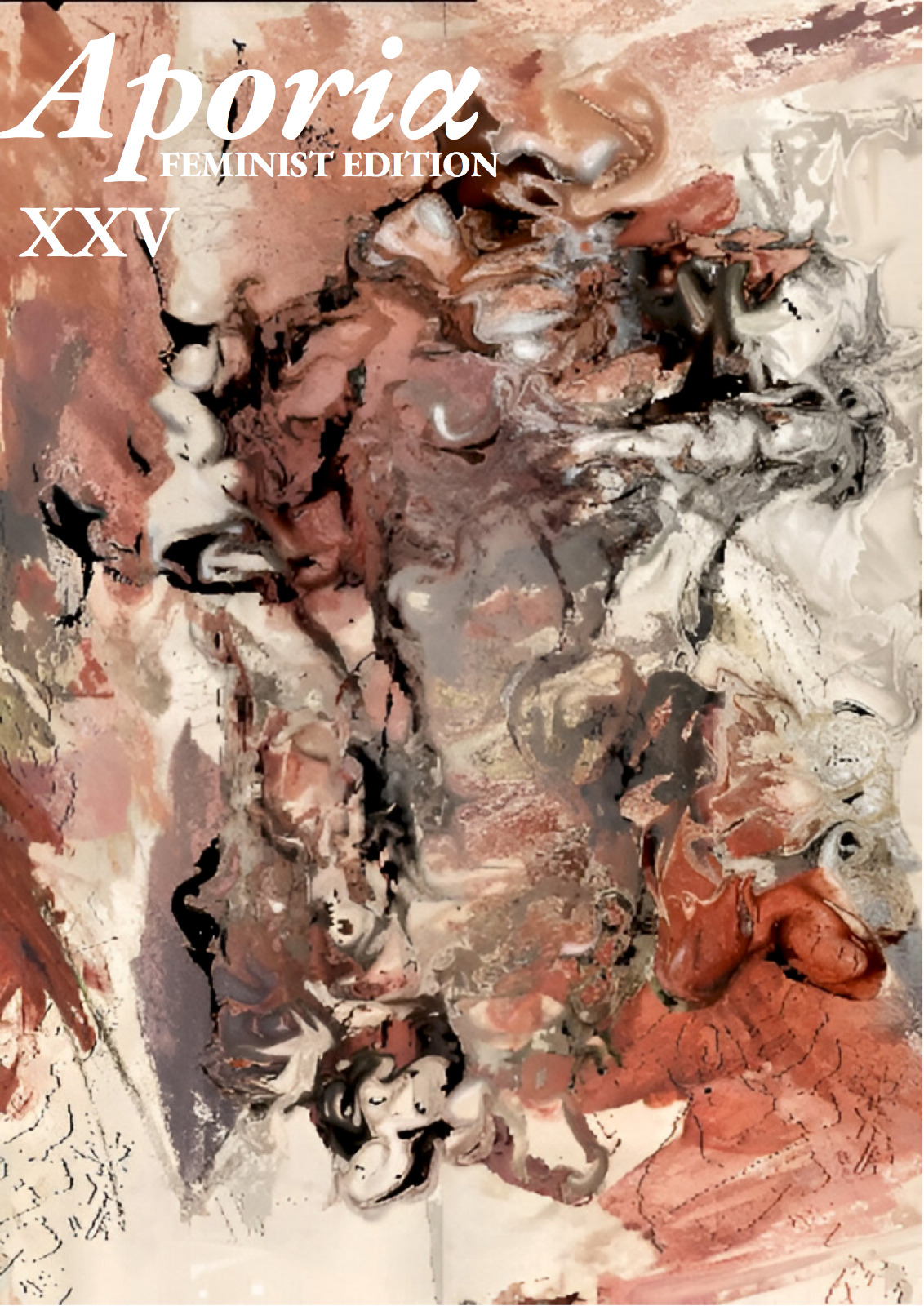Criminalizing 'Unjust Sex'
Main Article Content
Abstract
This essay examines the limitations of current rape law and advocates for legal reform to better protect sexual autonomy. Sexual autonomy, defined as the right to freely choose and refuse sexual interactions, is foundational to liberal legal principles. However, the concept of ‘unjust sex’, which involves manipulation, coercion, or exploitation of agency without physical force, reveals gaps in existing legal frameworks. Drawing on Ann J. Cahill’s work, the essay argues that unjust sex undermines agency and autonomy, causing significant harm that warrants criminalization. While rape nullifies sexual autonomy outright, unjust sex limits the individual’s capacity for meaningful self-determination, reinforcing systemic power imbalances. The essay addresses concerns about potential overreach, arguing that criminalizing unjust sex defends autonomy without imposing moralistic control. It concludes that protecting sexual autonomy requires acknowledging and addressing the harm caused by unjust sex.
Article Details

This work is licensed under a Creative Commons Attribution 4.0 International License.
Author's retain copyright, but give their consent to Aporia to publish their work.

